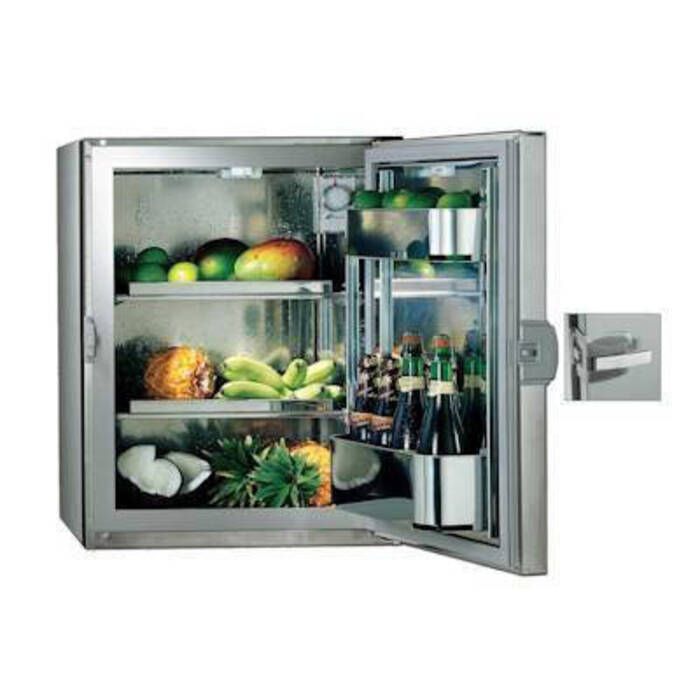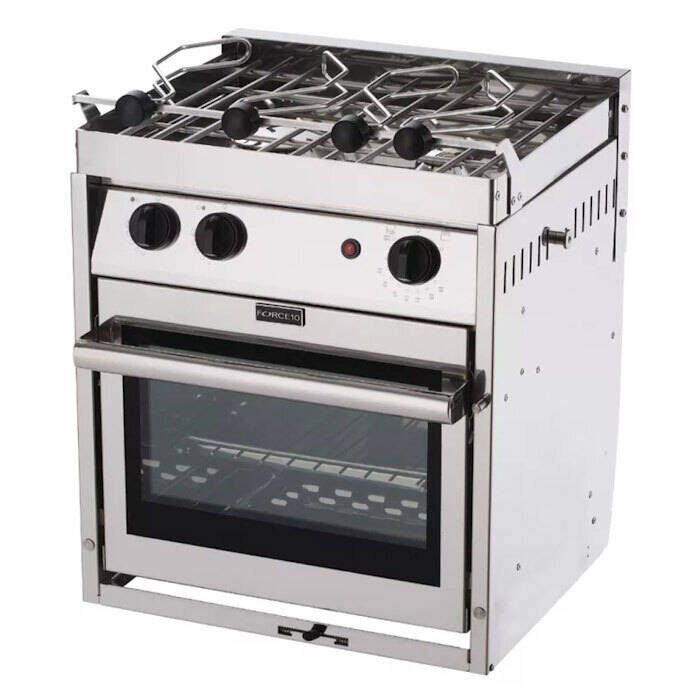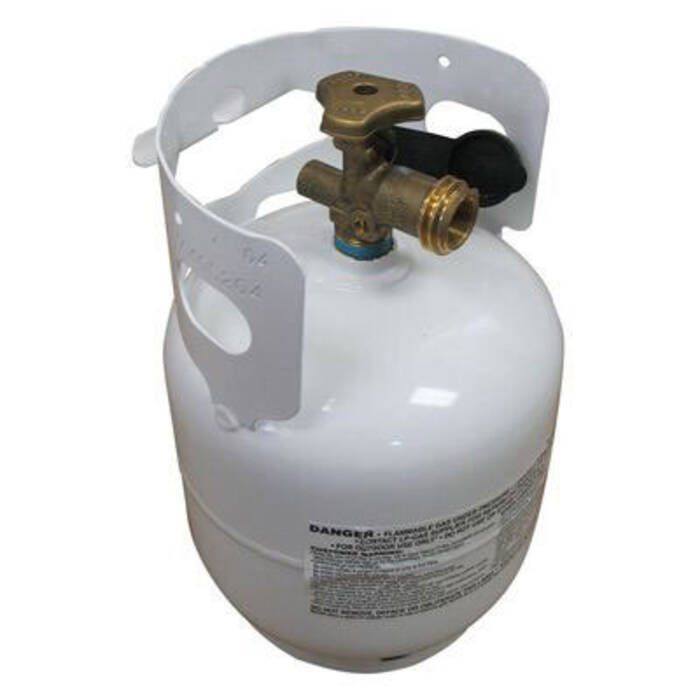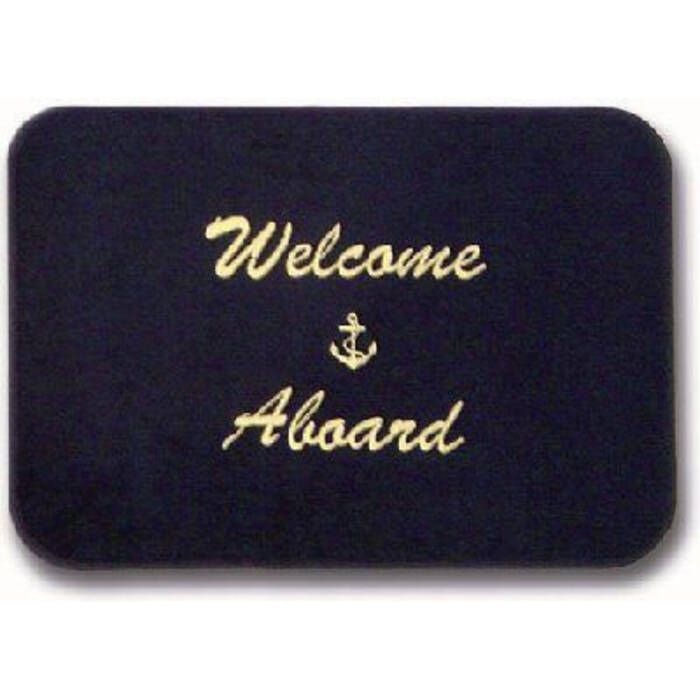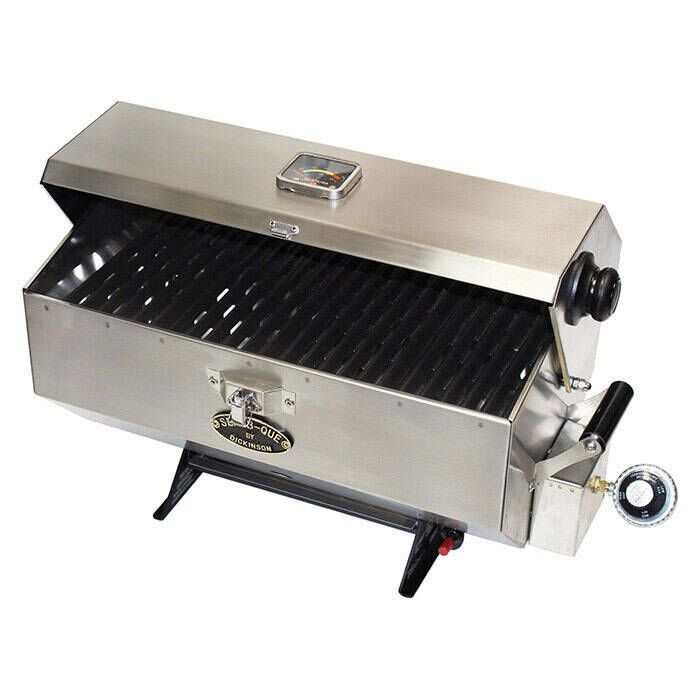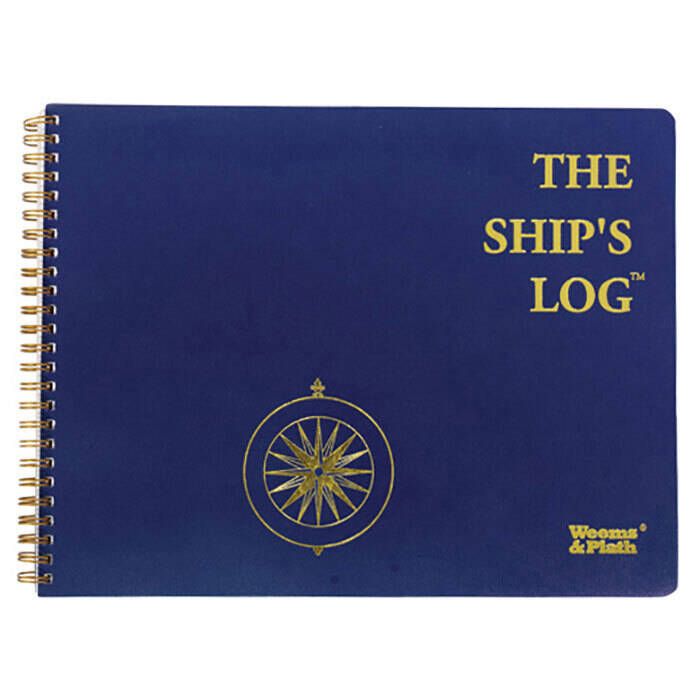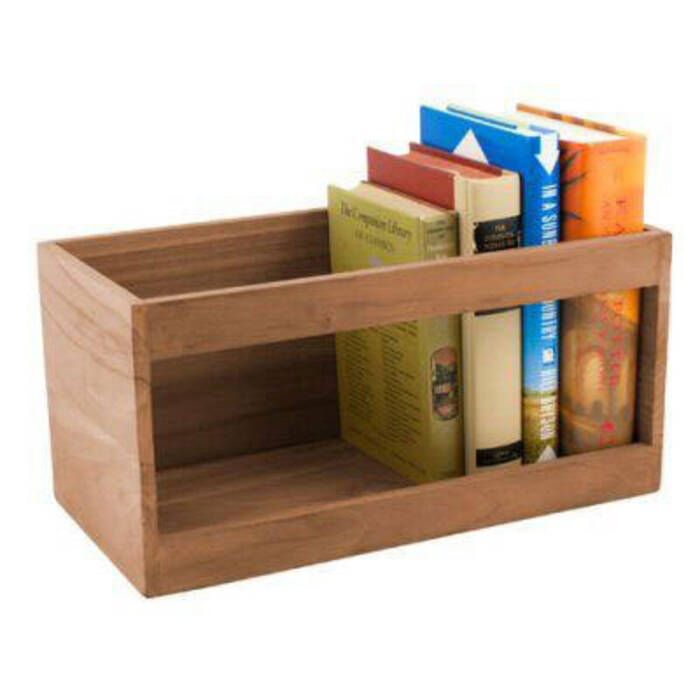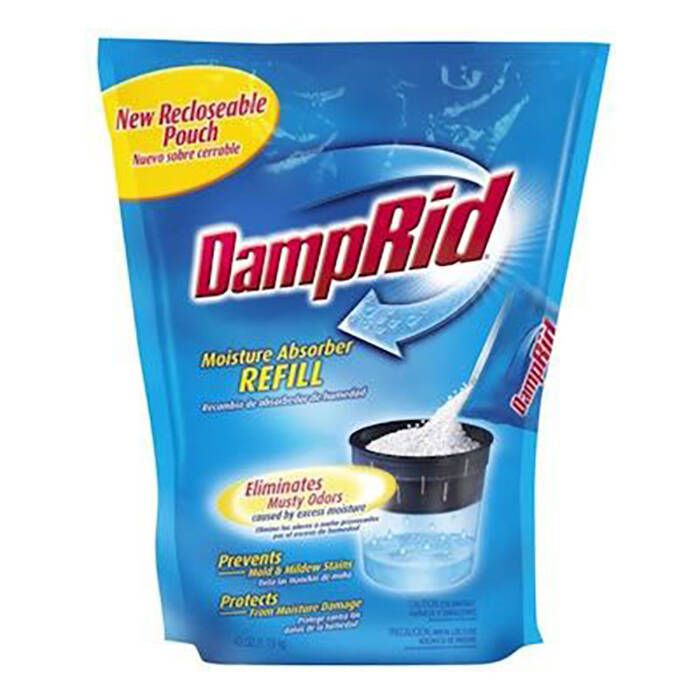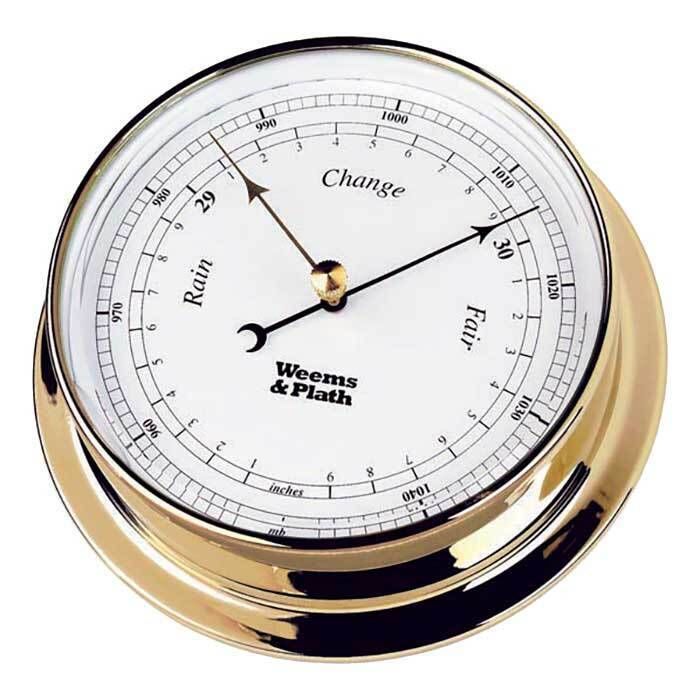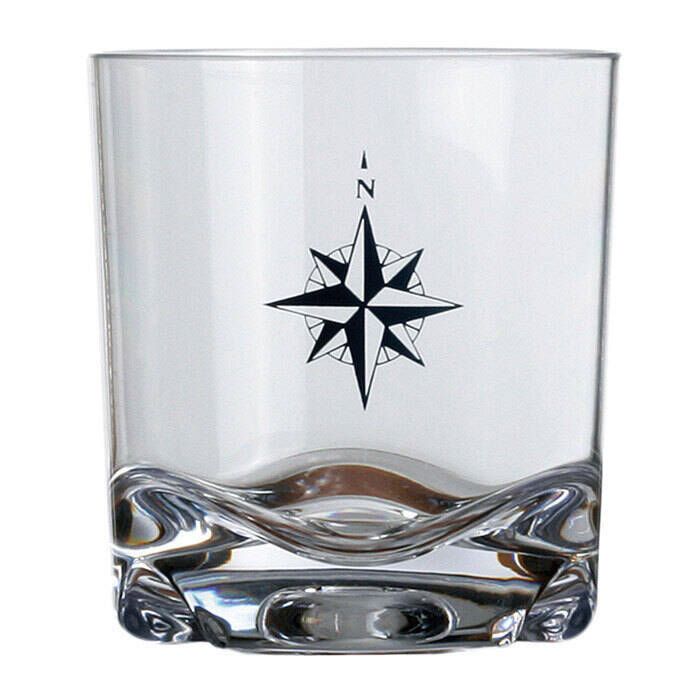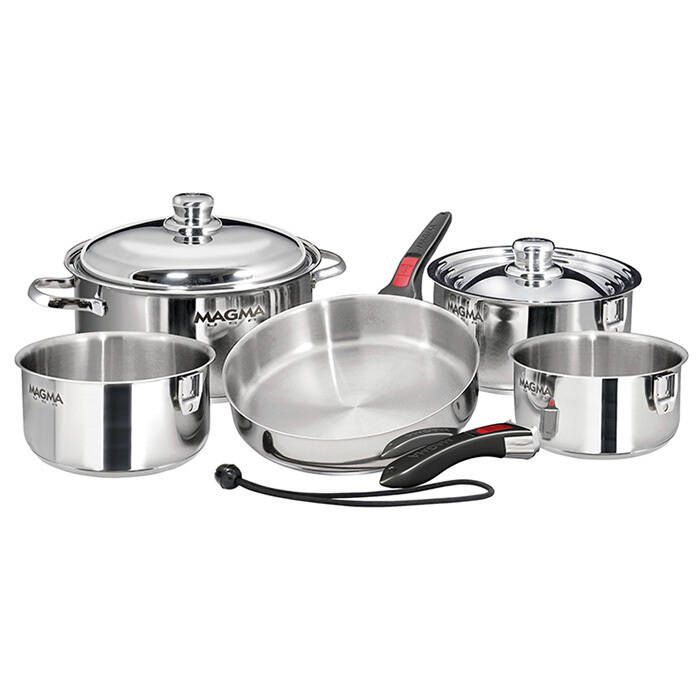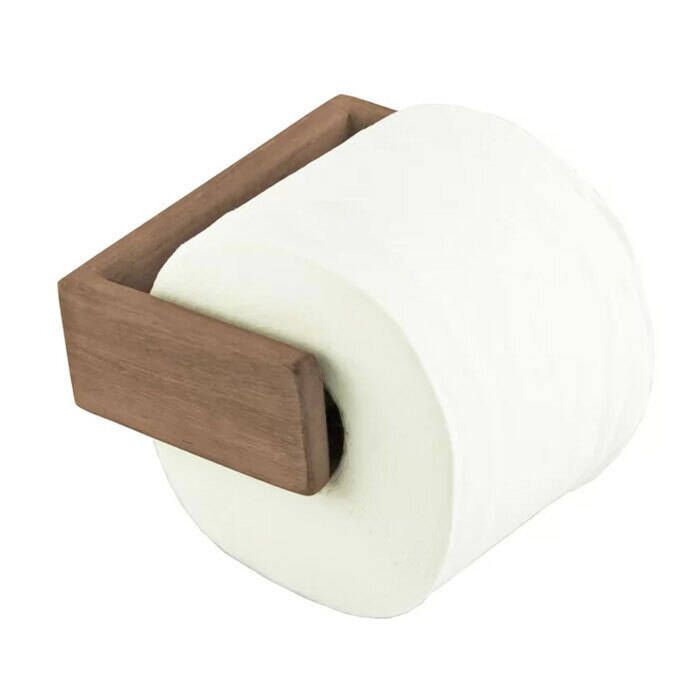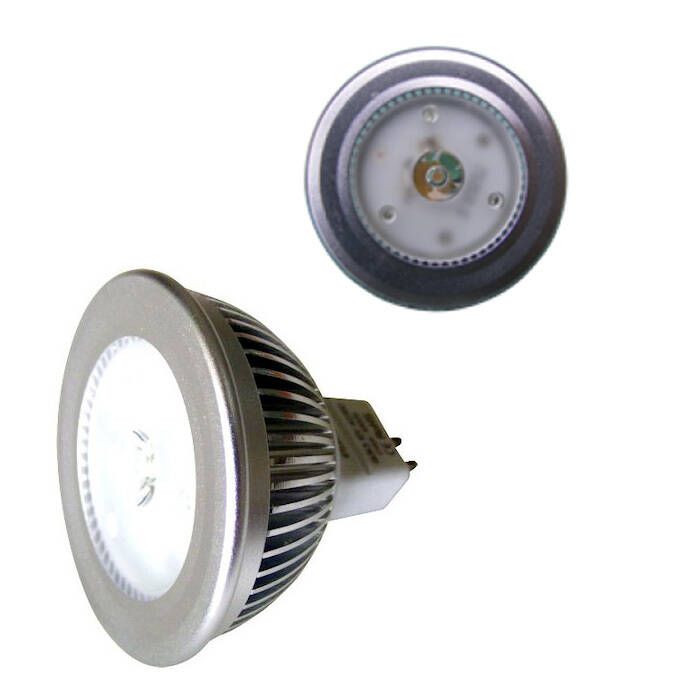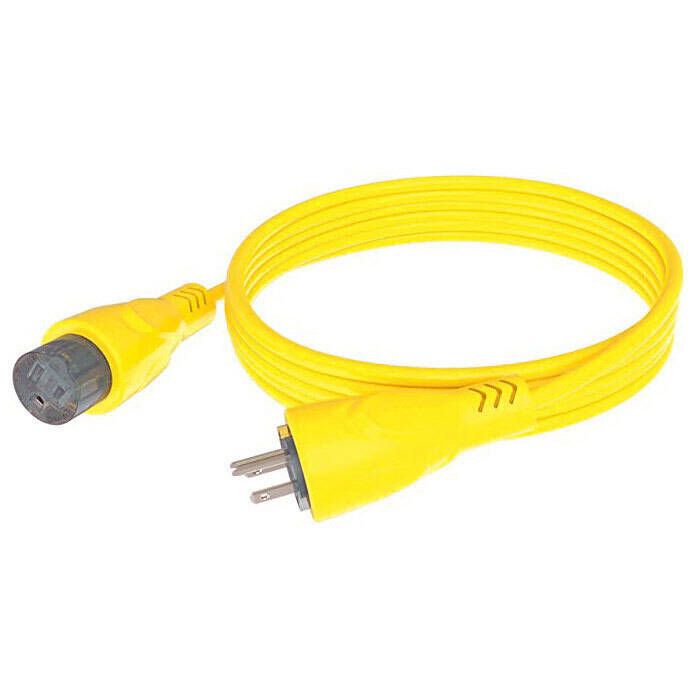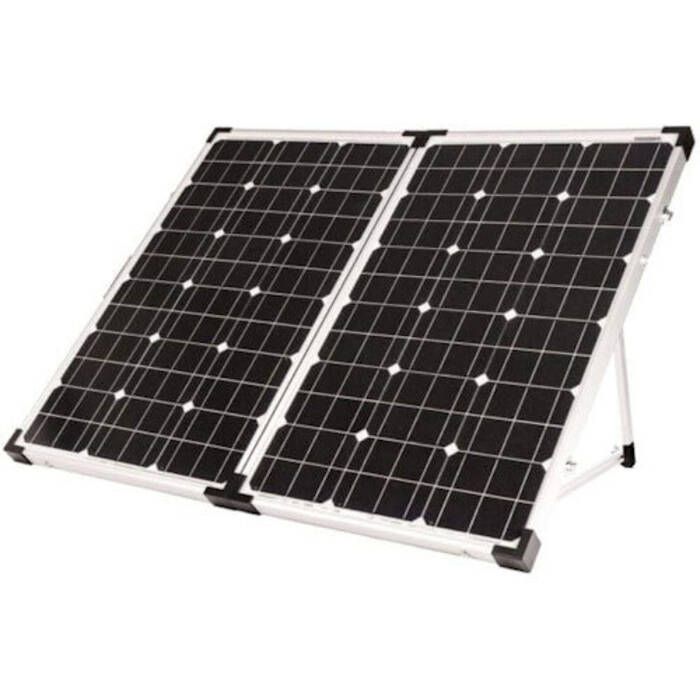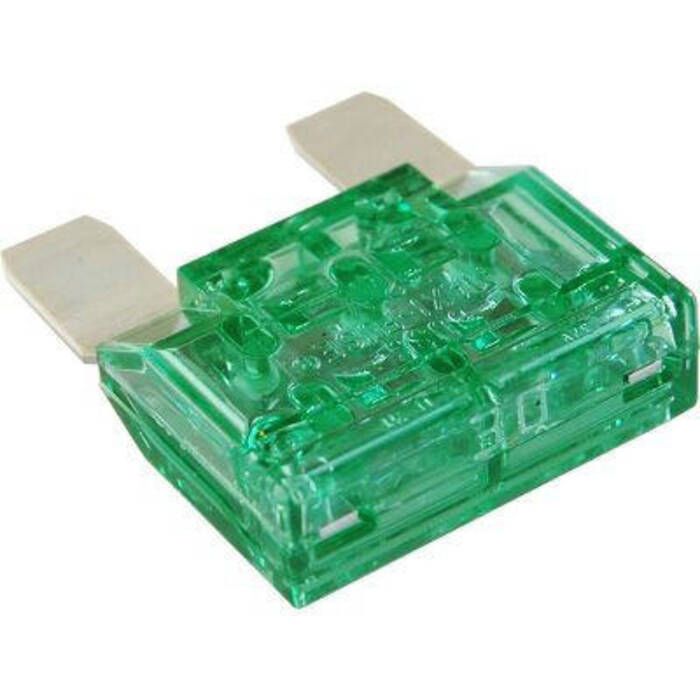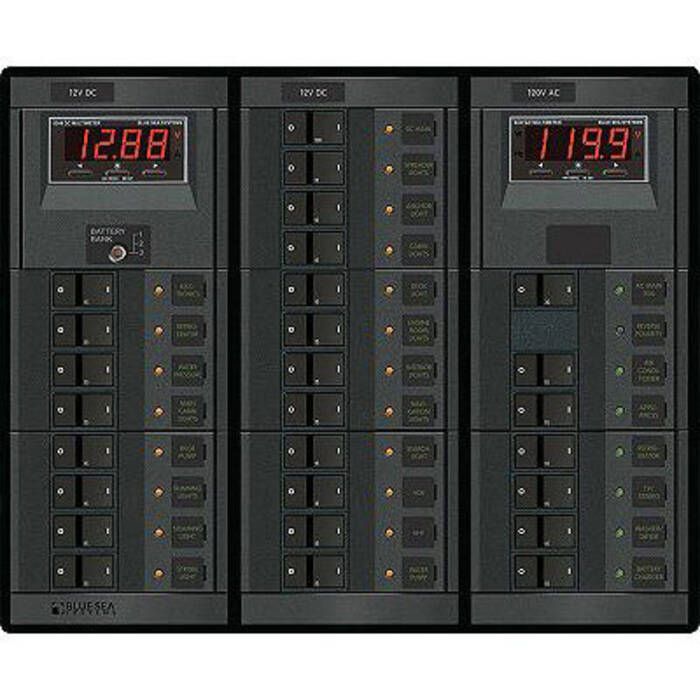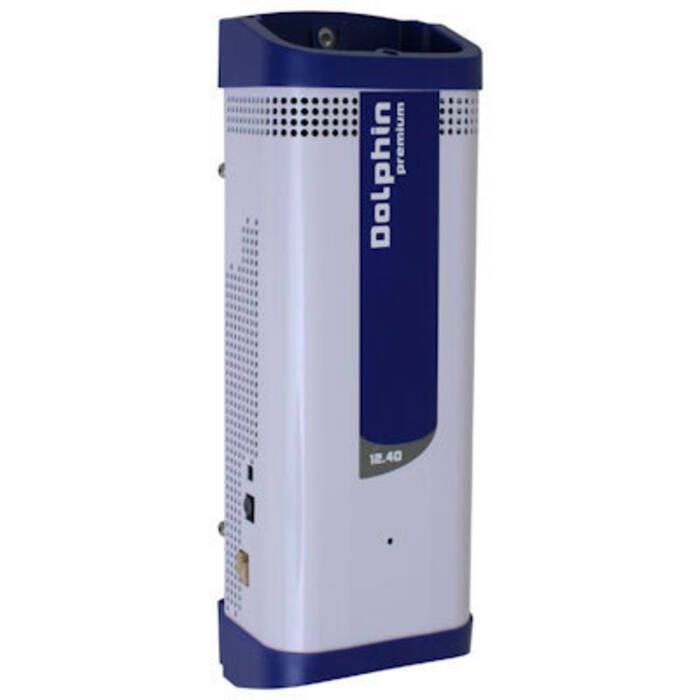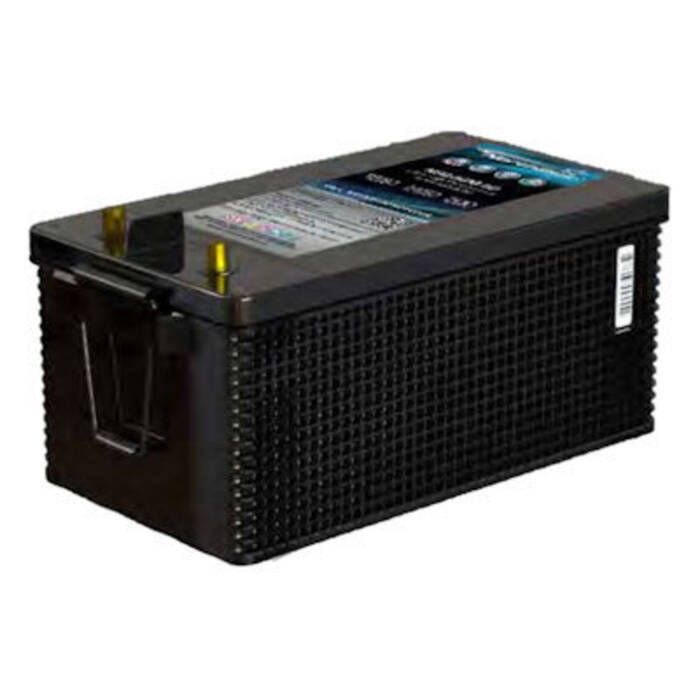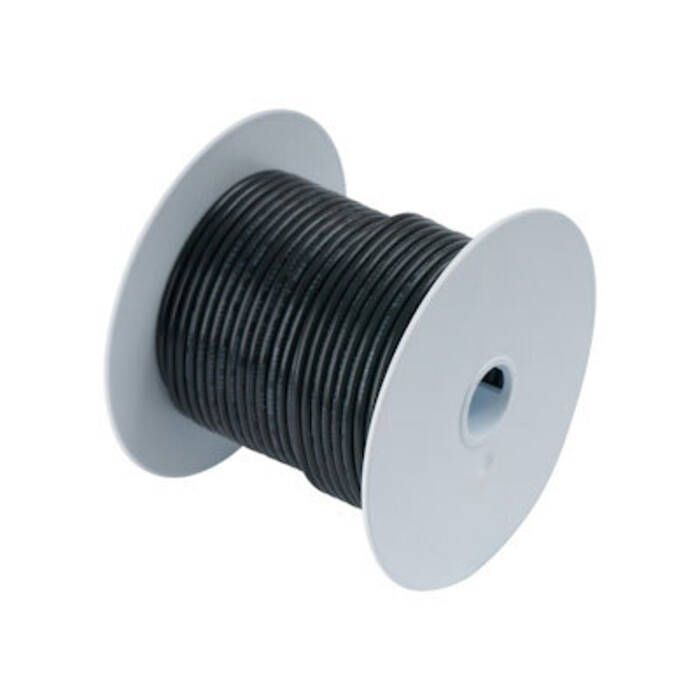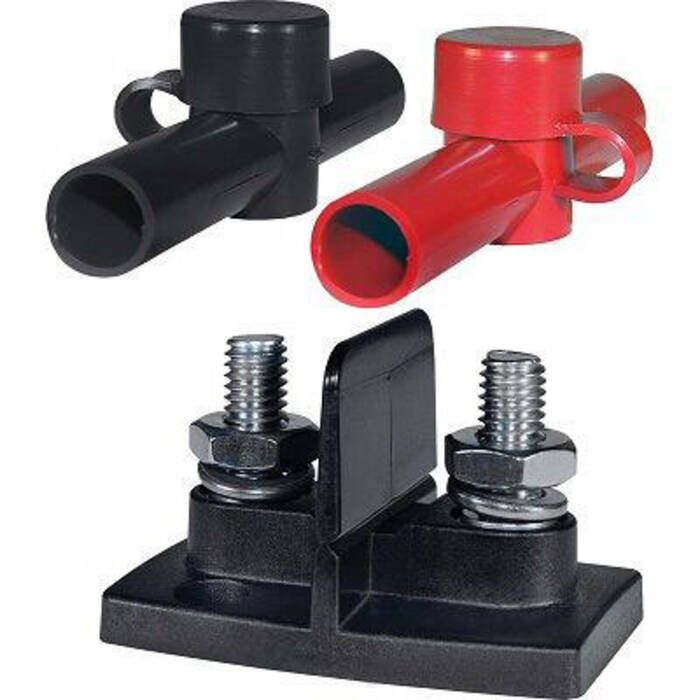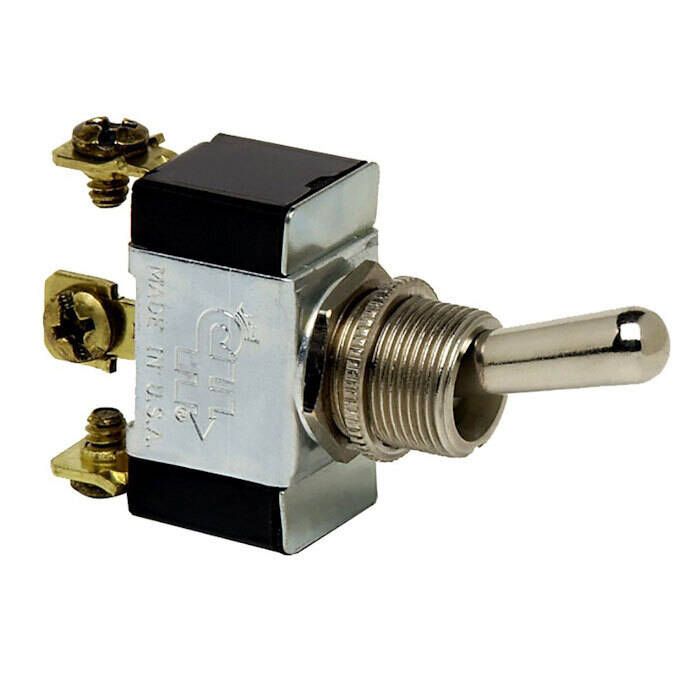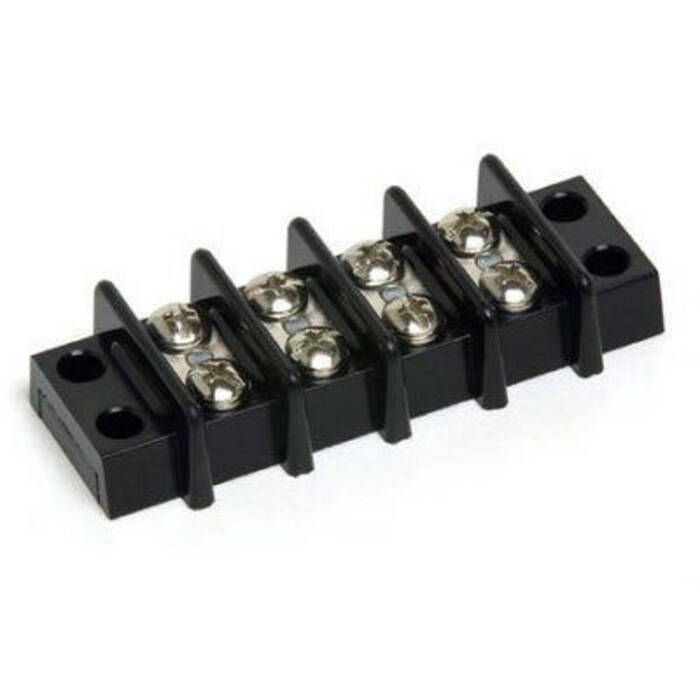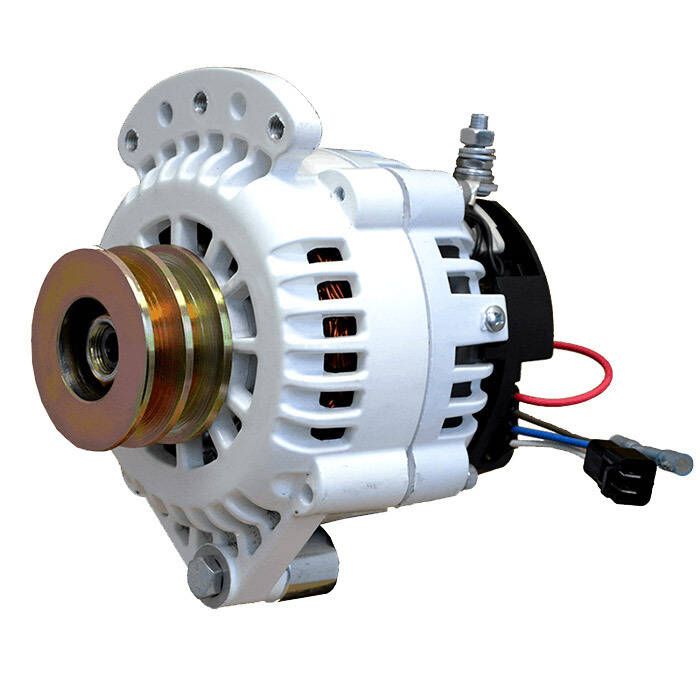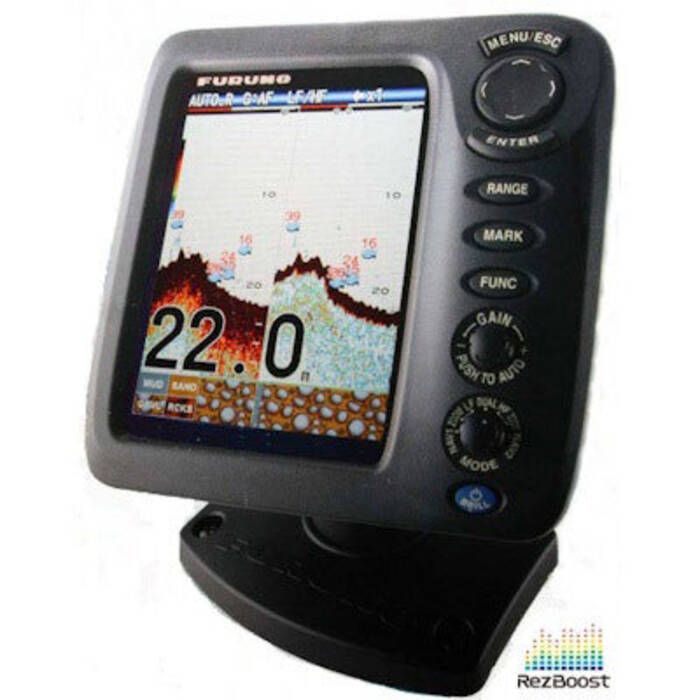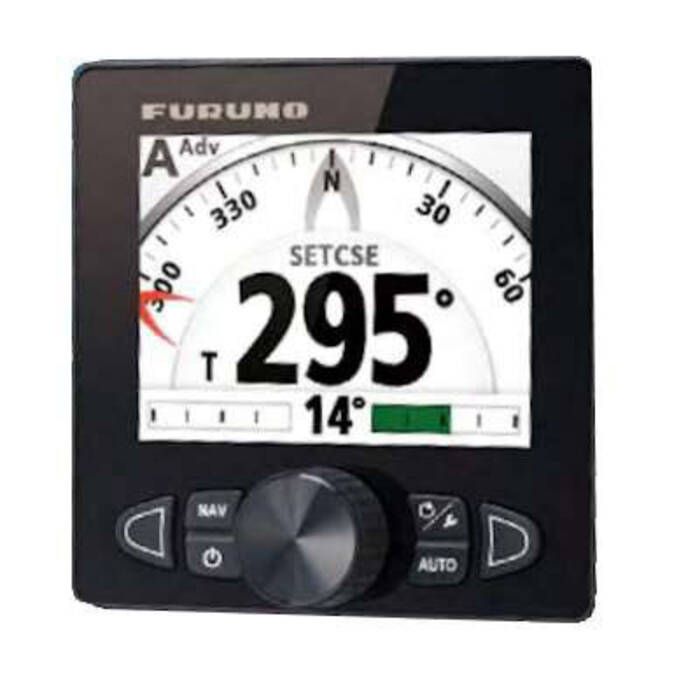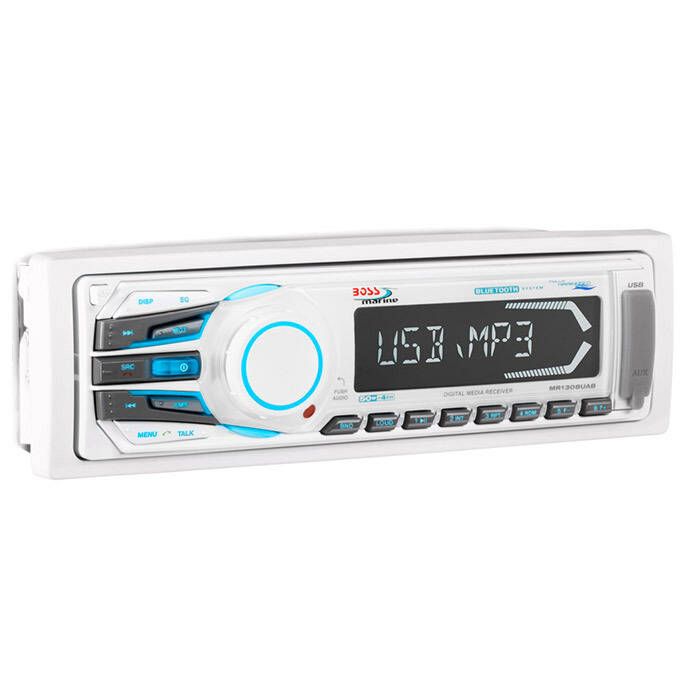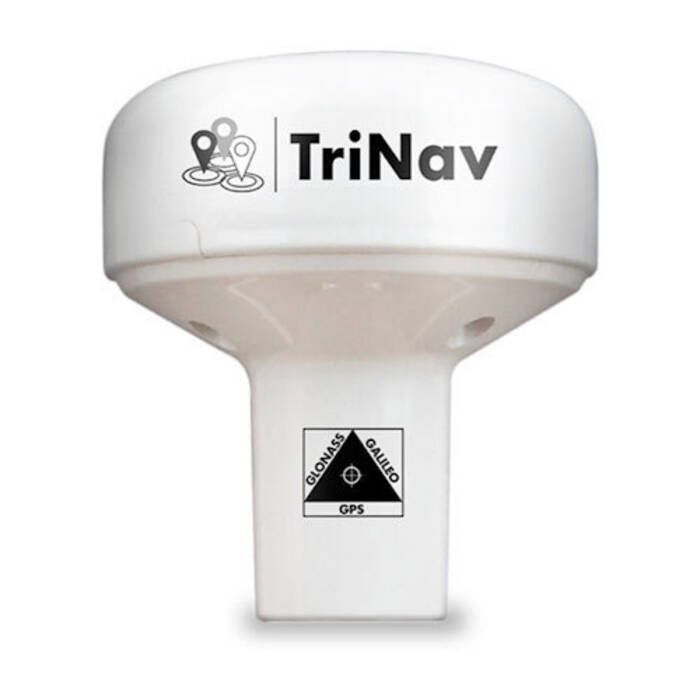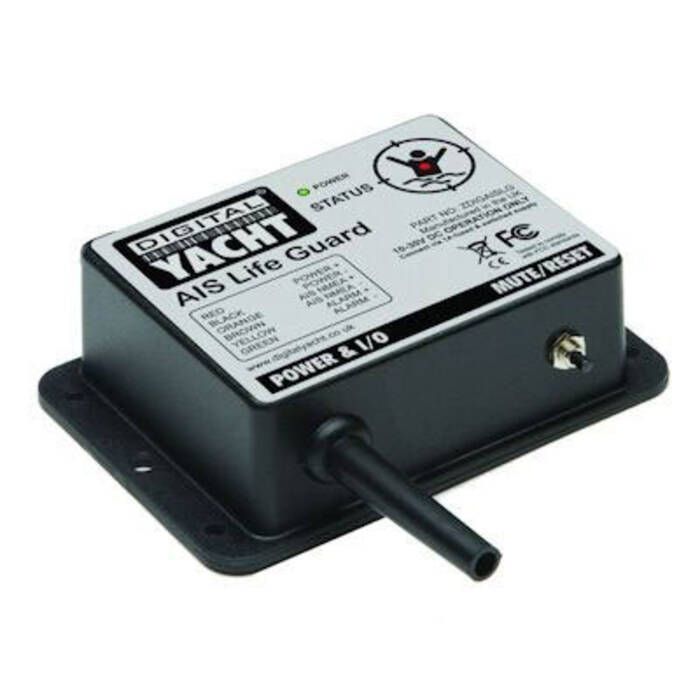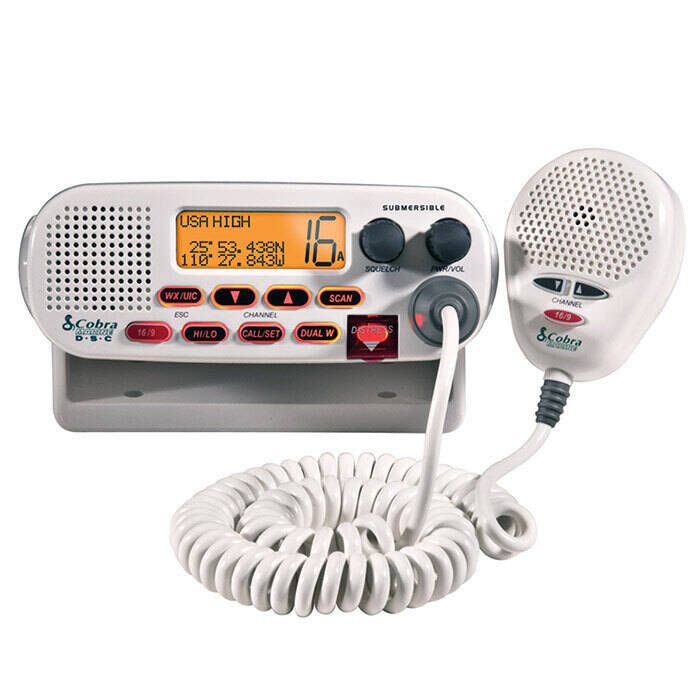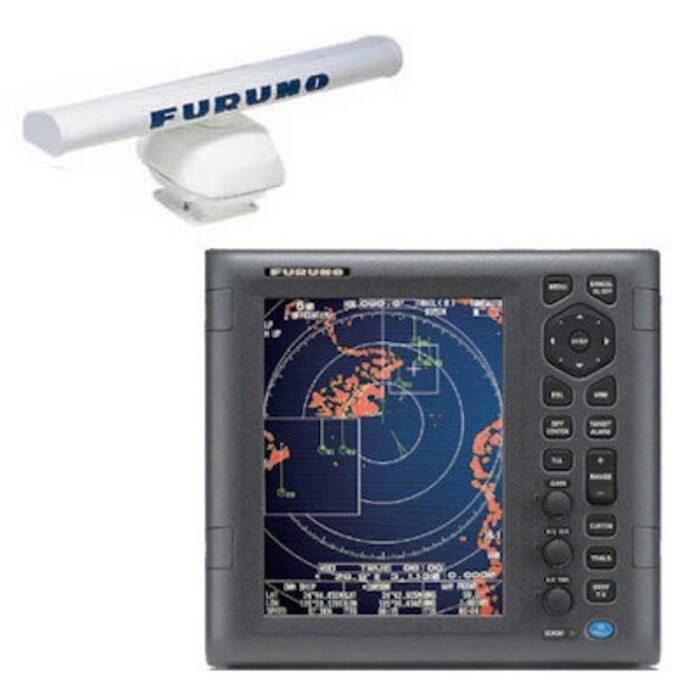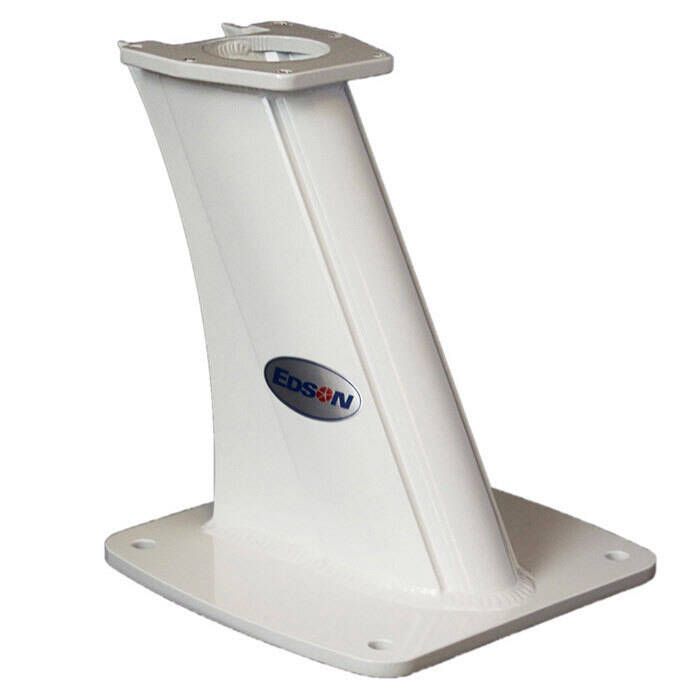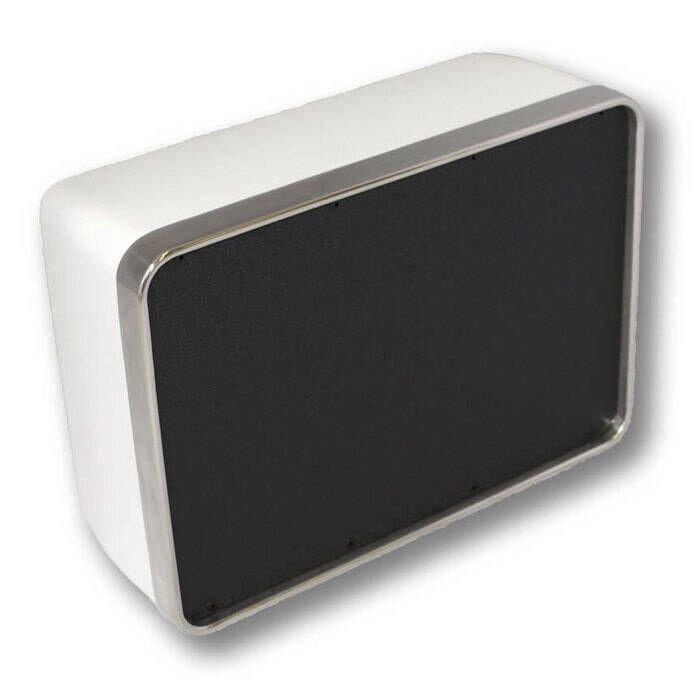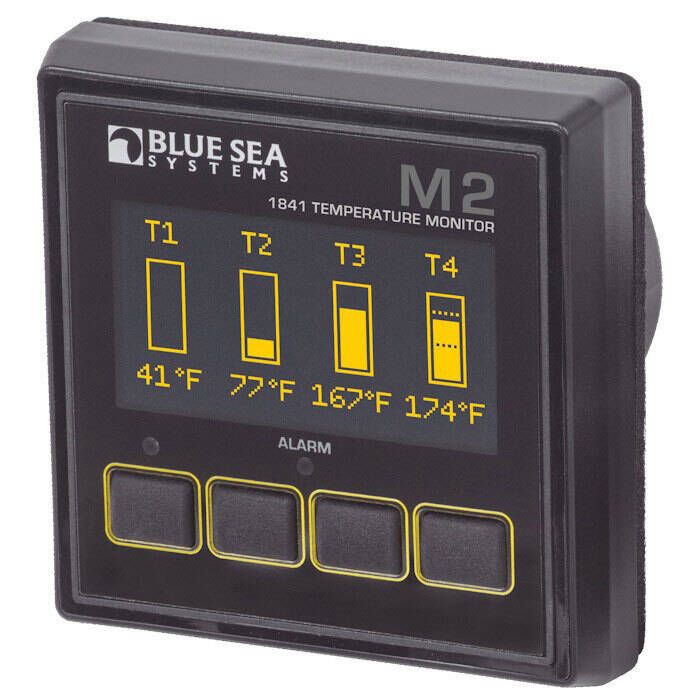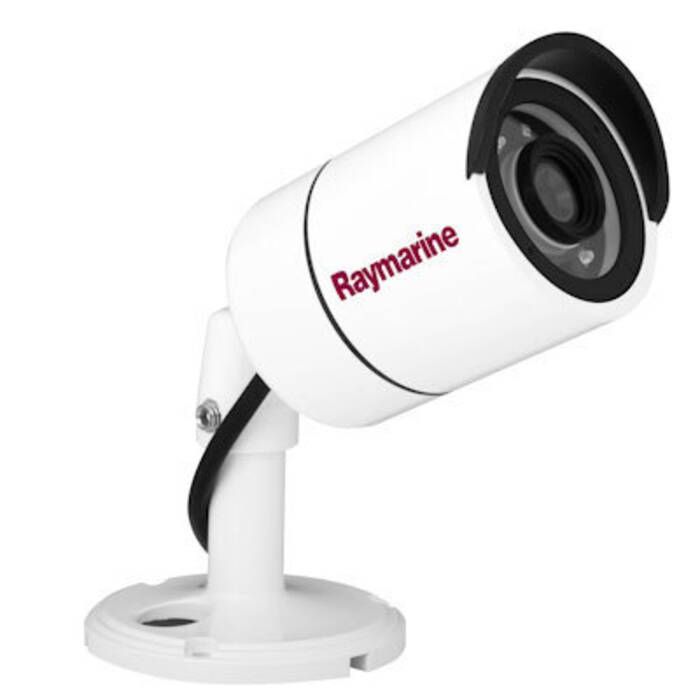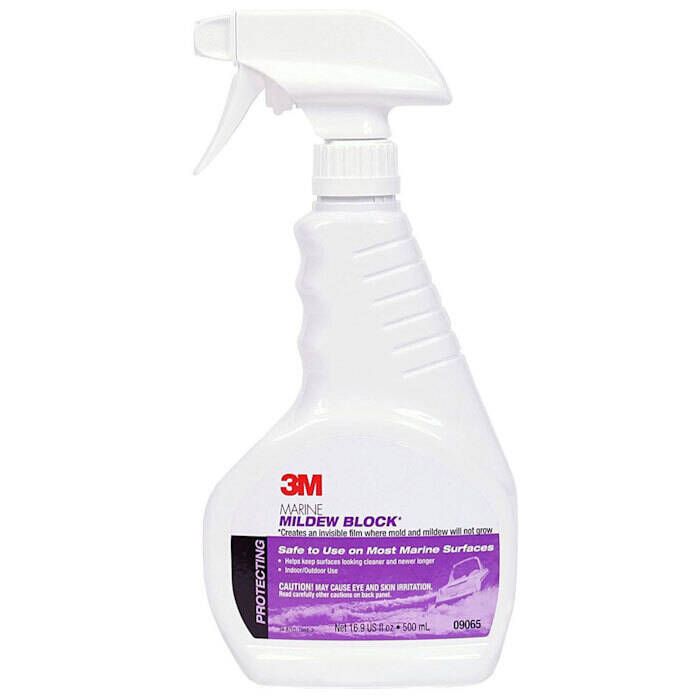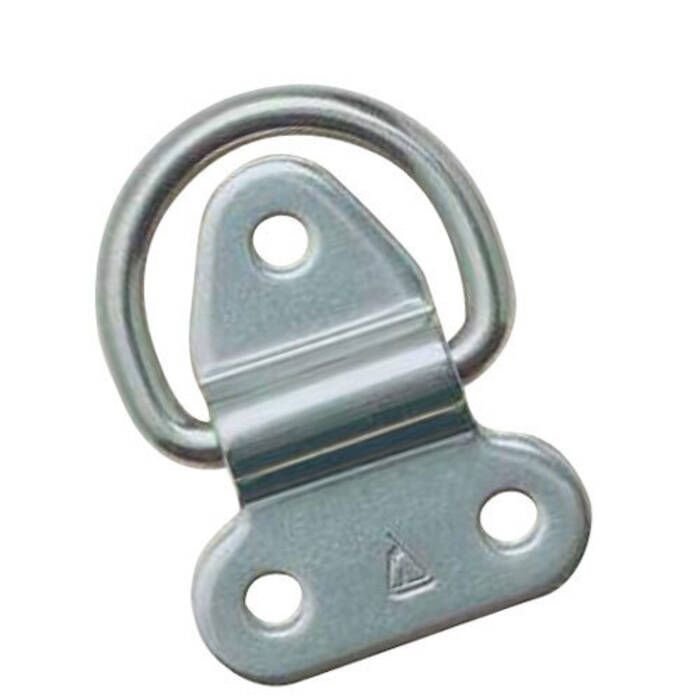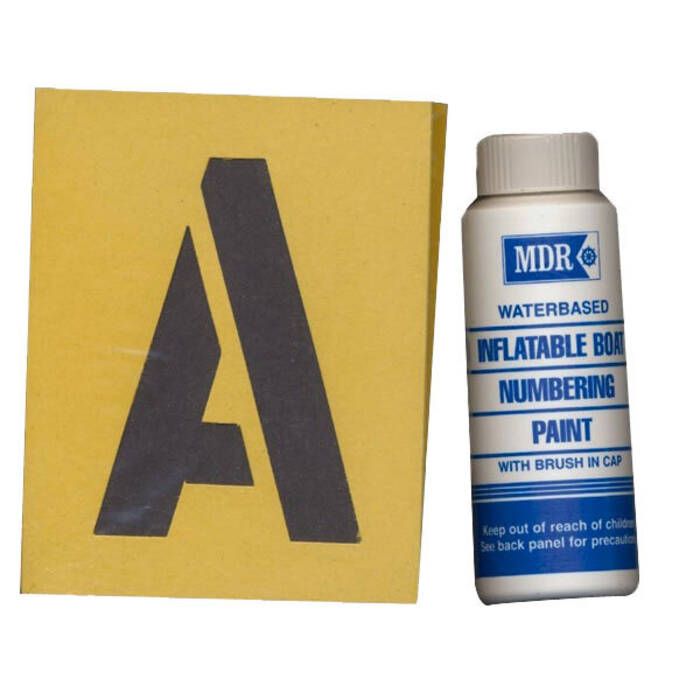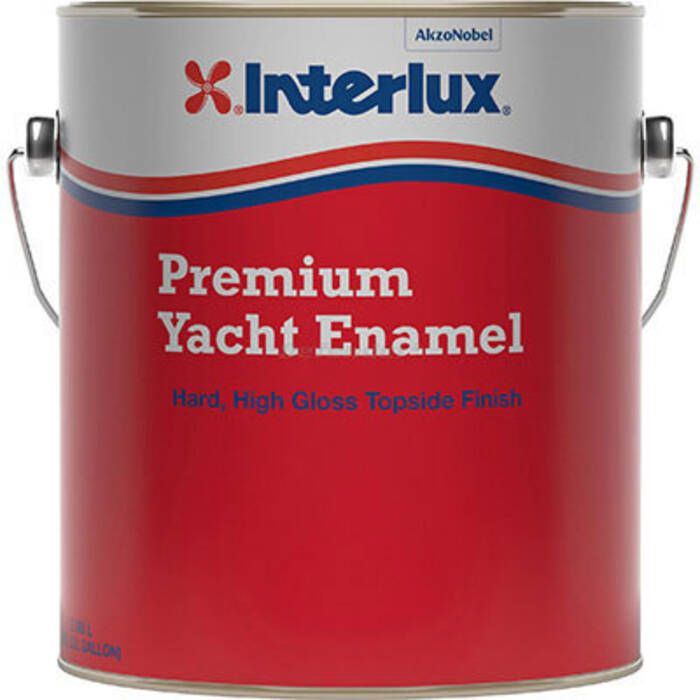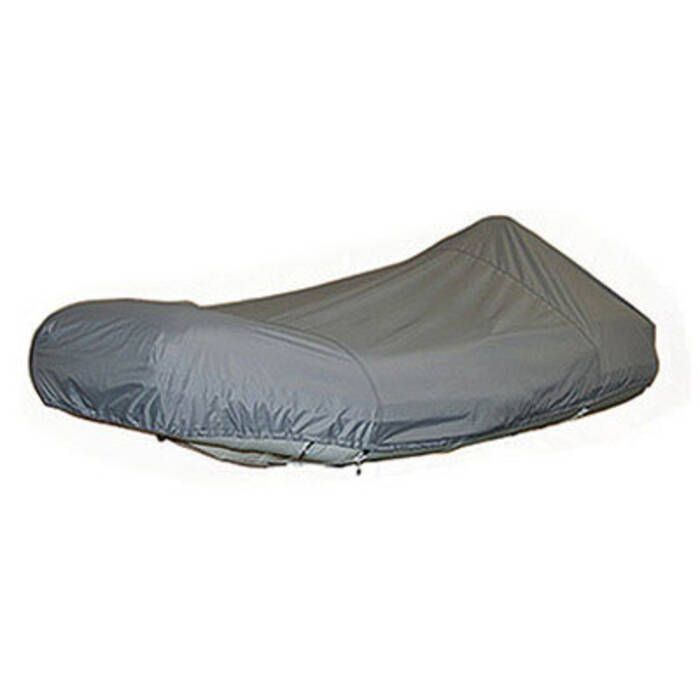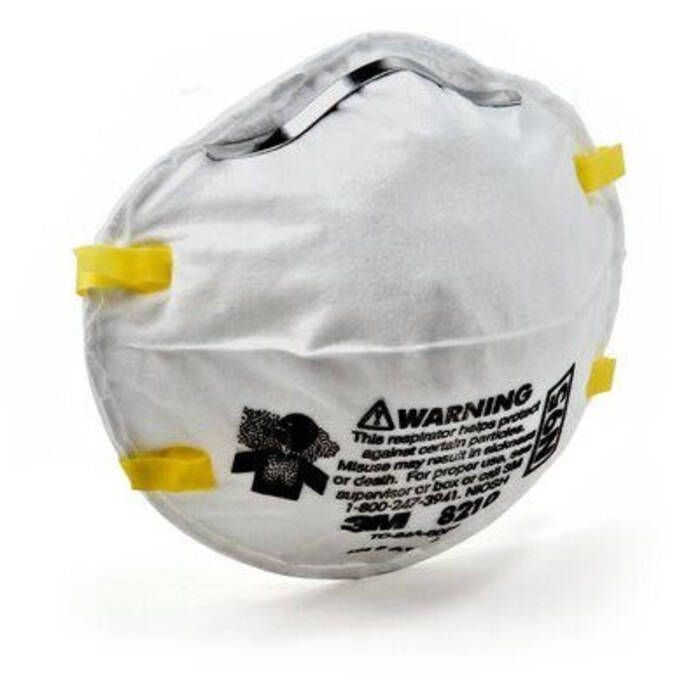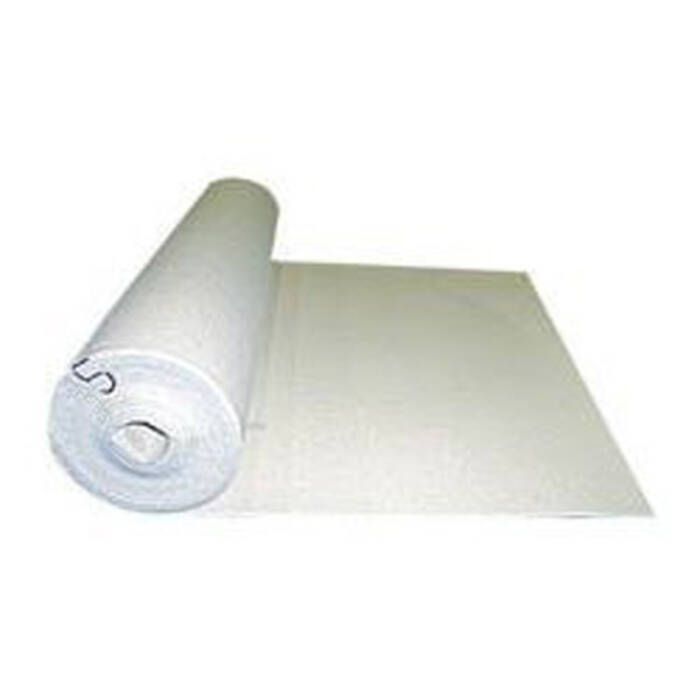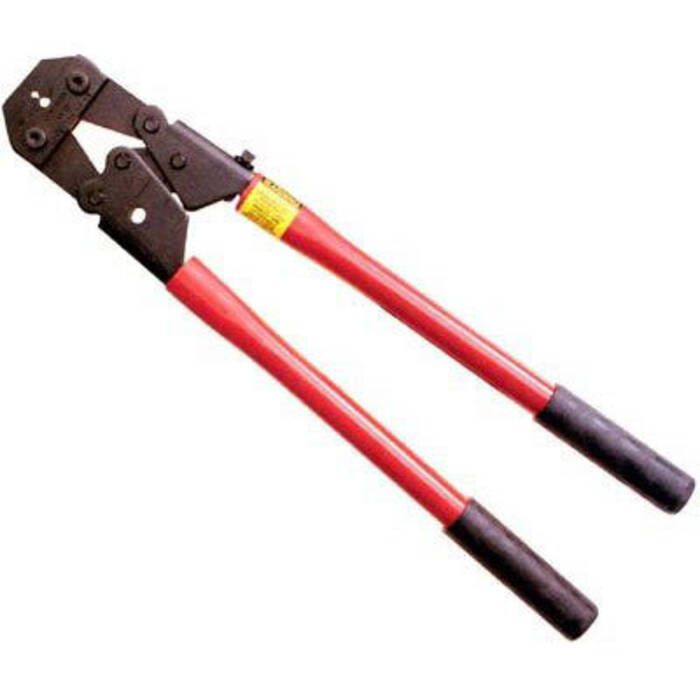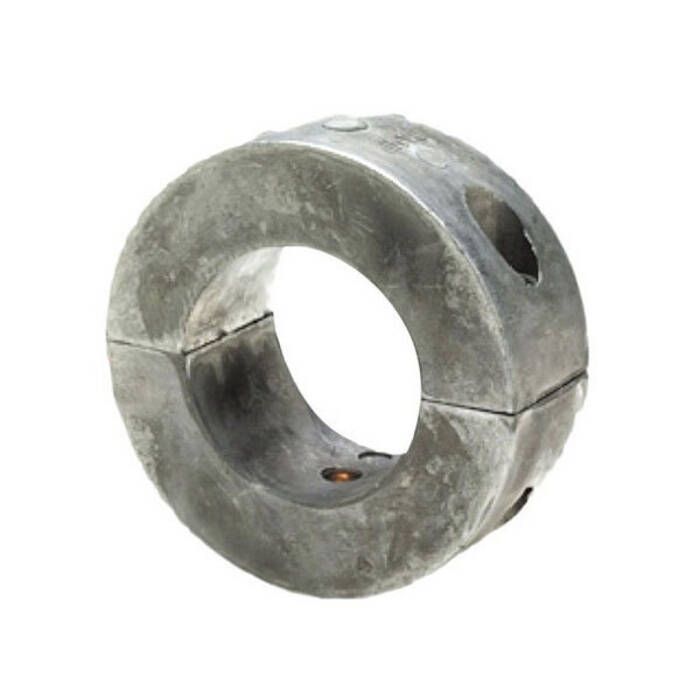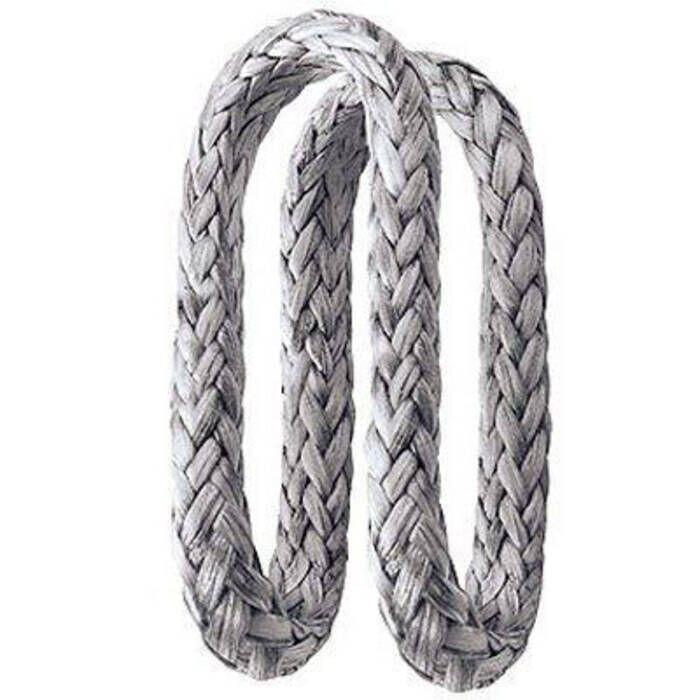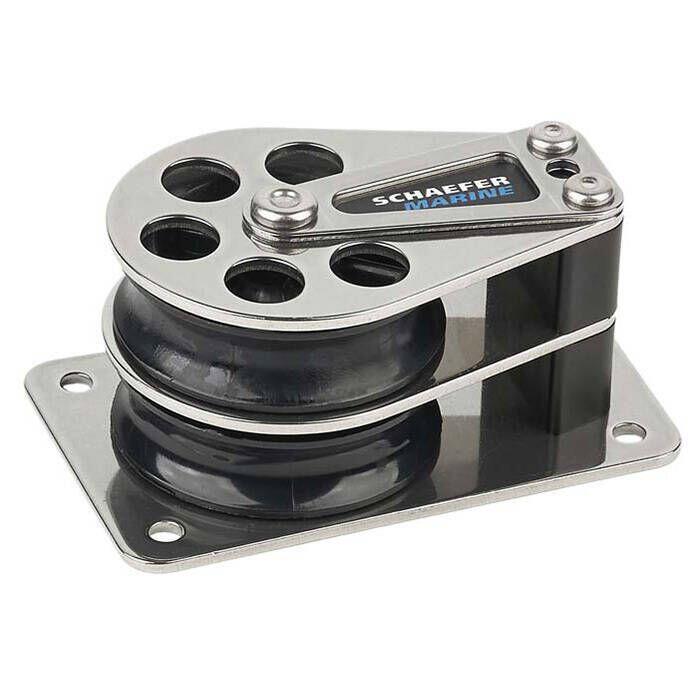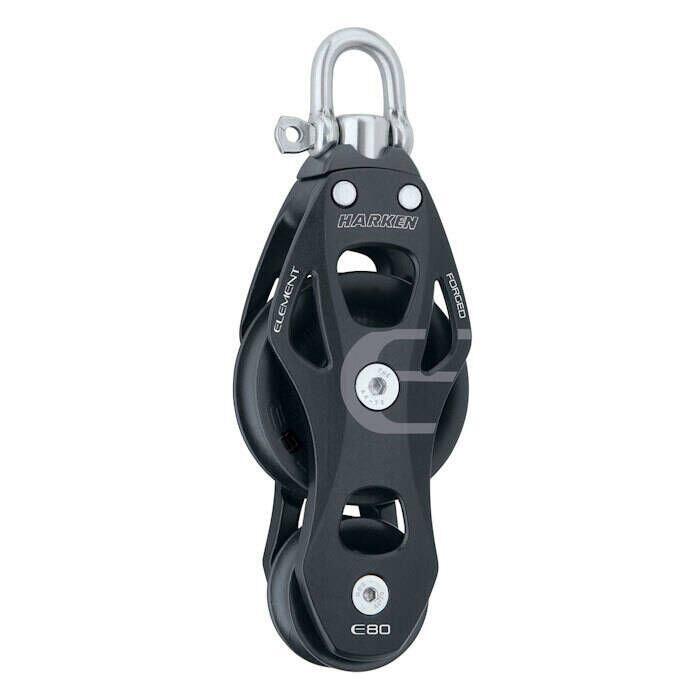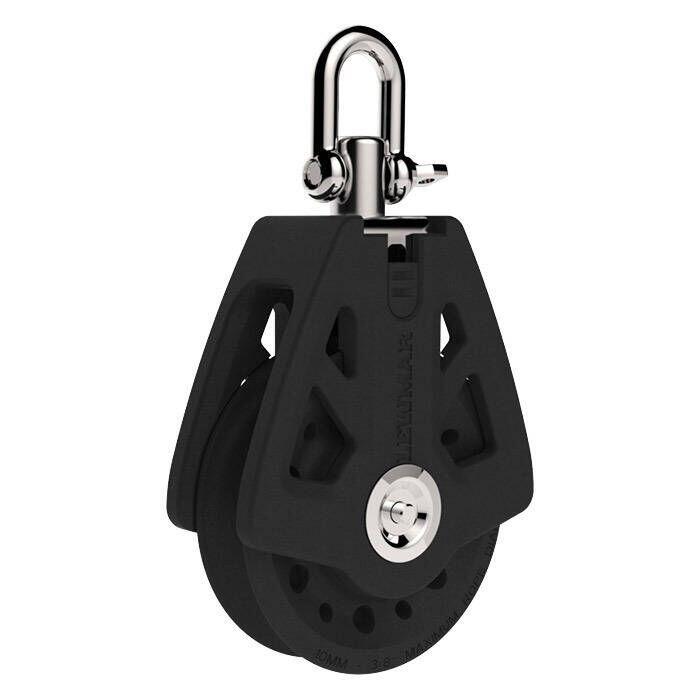Poulies
-
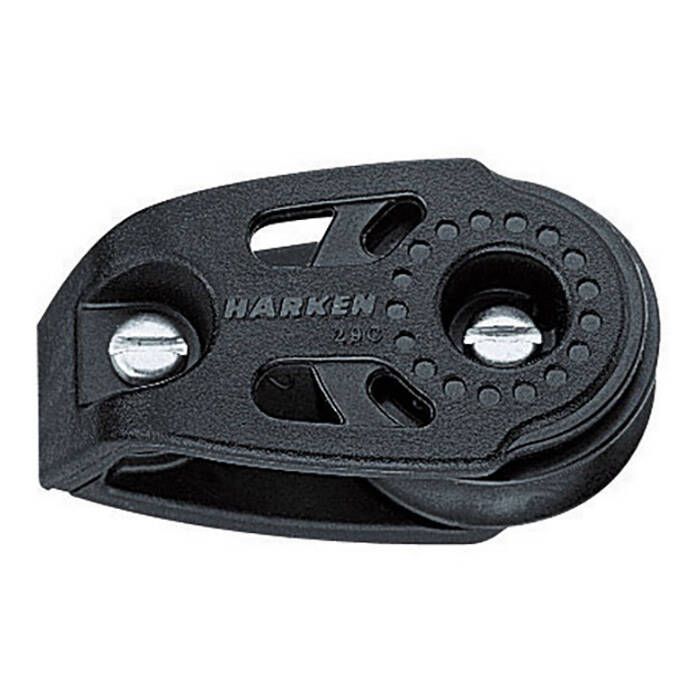
Harken - Bloc Carbo Air - 29 mm (1 1/8") - 350
28,27 $ -

Harken - Poulie de Sortie en Ligne Bullet - 29 mm (1 1/8") - 089
67,69 $ -
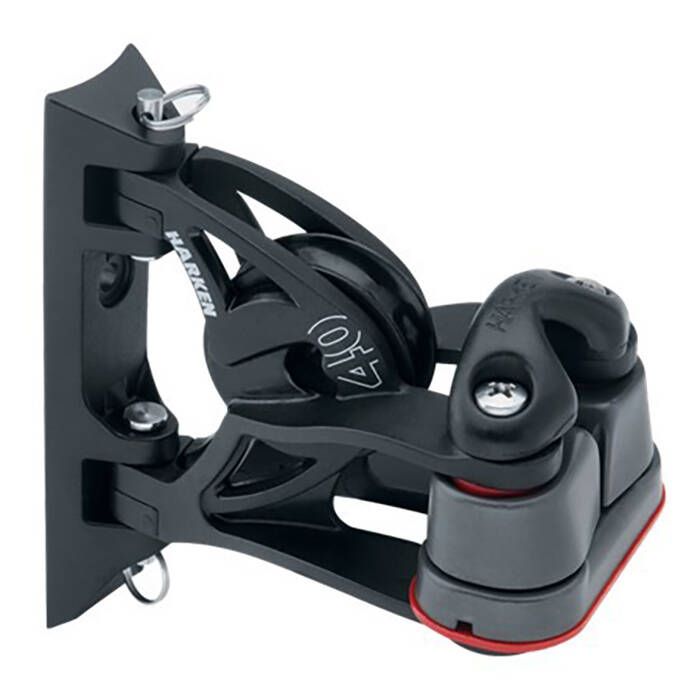
Harken - Bloc de Guidage Carbo - 40 mm (1 9/16") - 2156
129,01 $ -

Harken - Poulie Ratchamatic à Fixation Souple T2 - 40 mm (1 9/16") - 2159
108,57 $ -
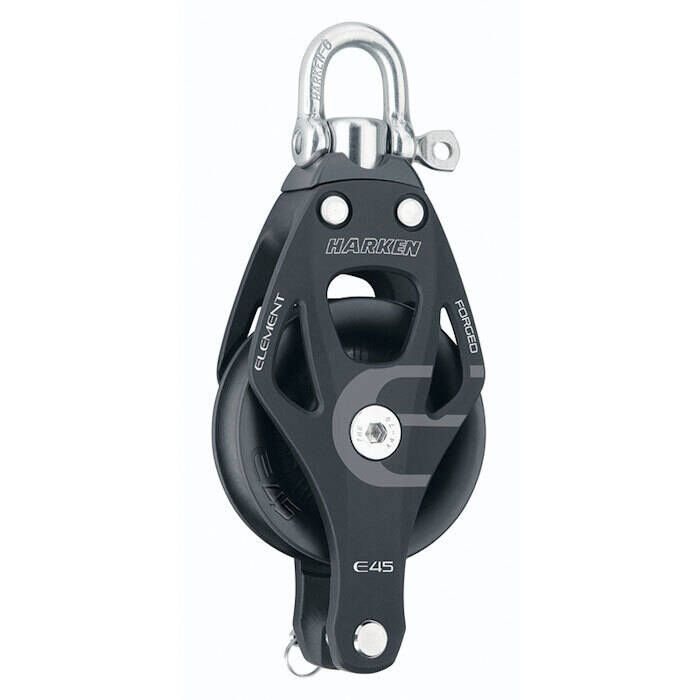
Harken - Poulie Élément en Aluminium avec Émerillon - 45 mm (1 3/4") - 6231
87,98 $ -

Harken - Poulie Violon en Aluminium Element avec Émerillon - 45 mm (1 3/4") - 6232
99,29 $ -

Harken - Bloc Carbo Air - 57 mm (2 1/4") - 2615
228,29 $ -
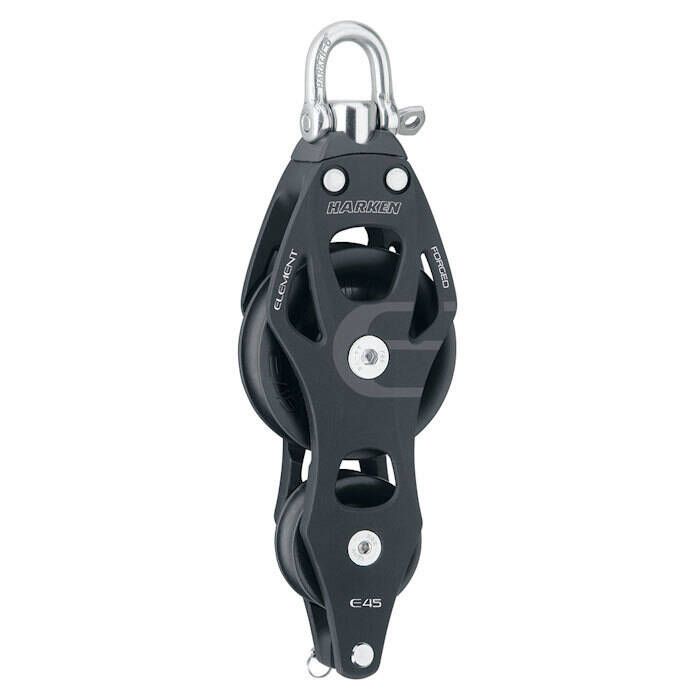
Harken - Poulie Élément en Aluminium - 60 mm (2 3/8") - 6263
143,68 $ -

Harken - Poulie T18 à Fixation Souple - 18 mm (23/32") - 2698
37,03 $ -

Harken - Micro Poulie de Joue - 22 mm (7/8") - 233
29,73 $ -
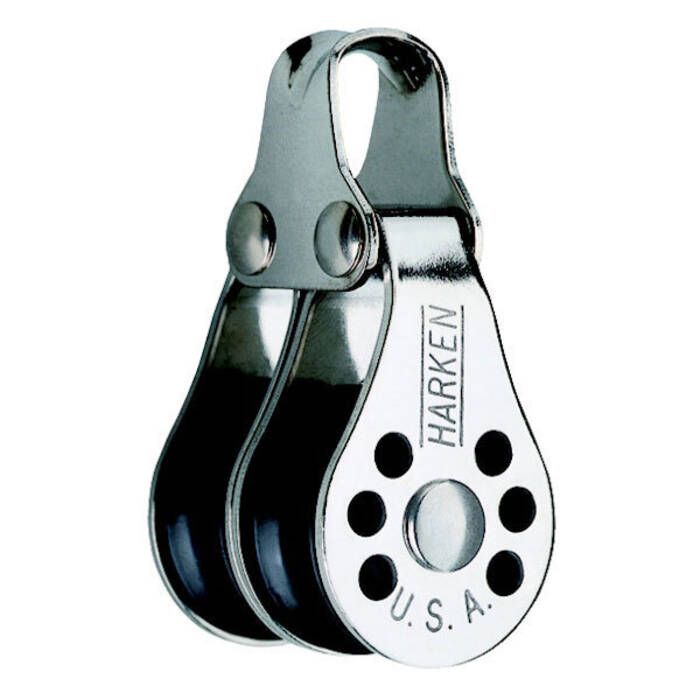
Harken - Micro Poulie Double - 22 mm (7/8") - 226
54,55 $ -

Harken - Poulie Double Bullet - 29 mm (1 1/8") - 084
79,37 $ -

Harken - Poulie Carbo Air - 29 mm (1 1/8") - 340
42,87 $ -

Harken - Bloc Triple Carbo Air - 29 mm (1 1/8") - 345
108,57 $ -
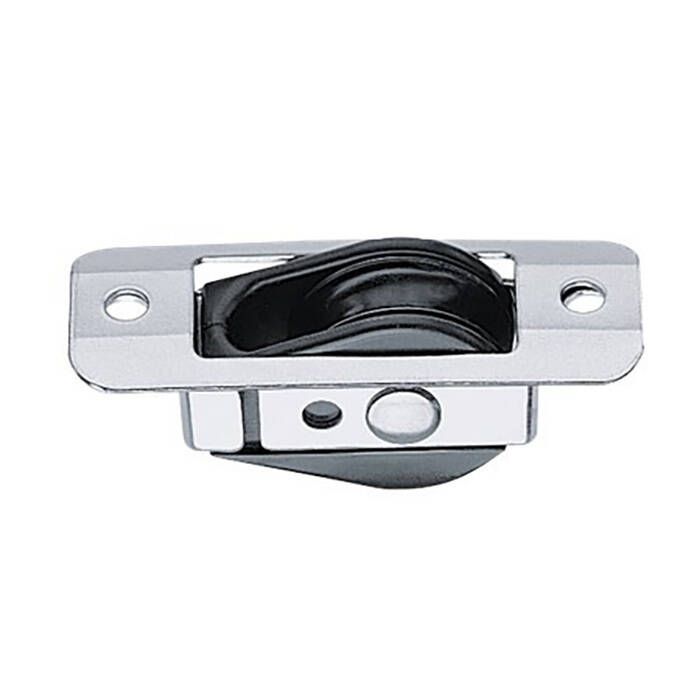
Harken - Poulie Bullet à Travers le Pont - 29 mm (1 1/8") - 287
63,31 $ -

Harken - Poulie Bullet de Renvoi Verticale - 29 mm (1 1/8") - 096
44,33 $ -

Harken - Grande Poulie Bullet - 38 mm (1 1/2") - 146
61,85 $ -

Harken - Grande Poulie Verticale Bullet - 38 mm (1 1/2") - 222
73,53 $ -
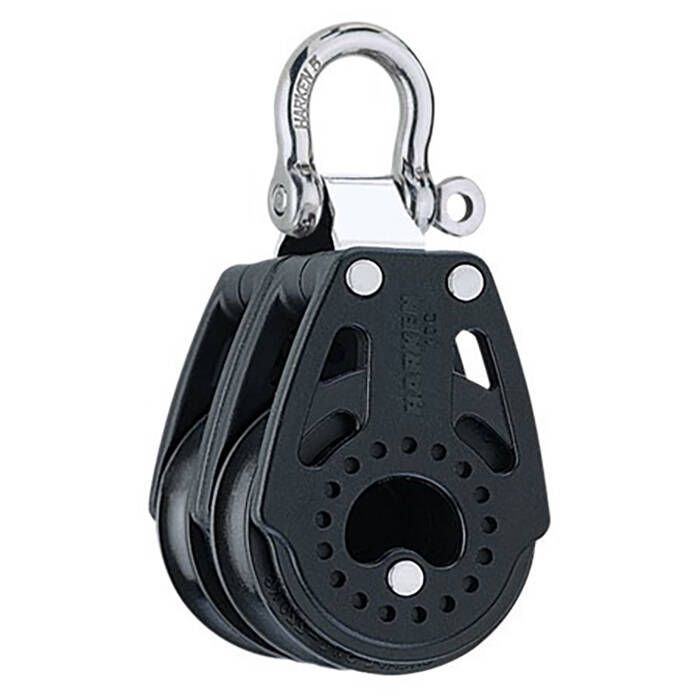
Harken - Bloc Double Carbo Air - 40 mm (1 9/16") - 2642
104,19 $ -
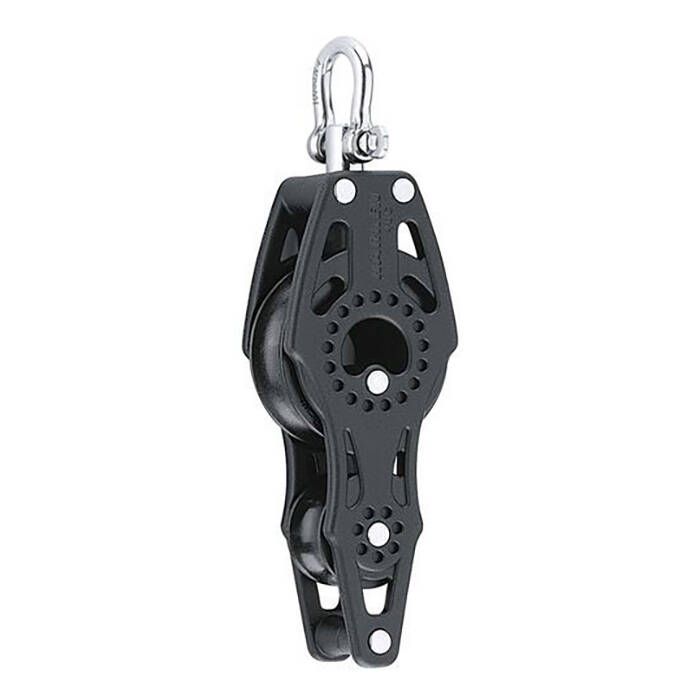
Harken - Poulie Violon Carbo Air - 40 mm (1 9/16") - 2656
85,21 $ -
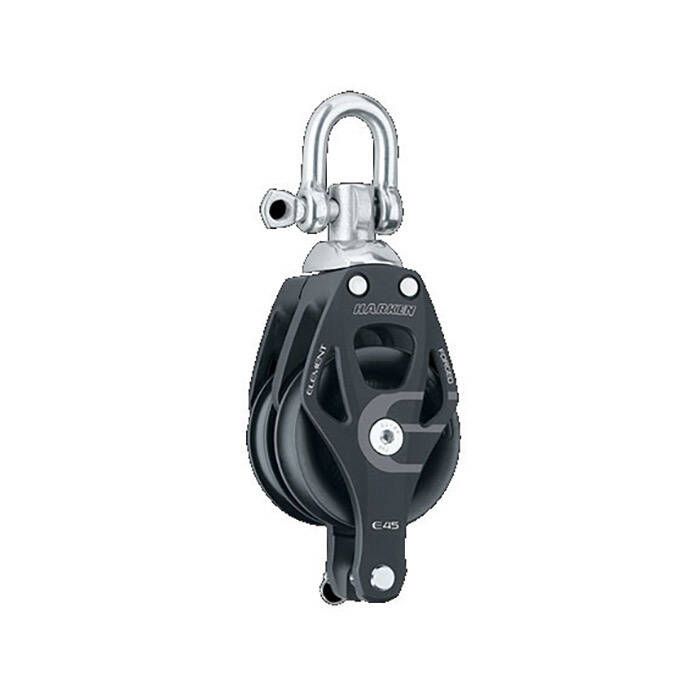
Harken - Poulie Double Élément en Aluminium avec Émerillon - 45 mm (1 3/4") - 6239
168,57 $ -
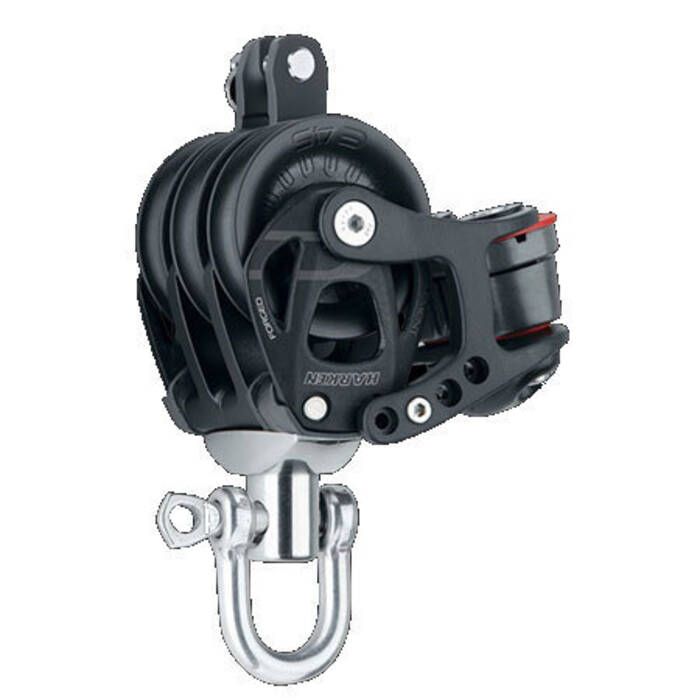
Harken - Poulie Triple en Aluminium Element avec Émerillon - 45 mm (1 3/4") - 6243
288,00 $ -

Harken - Poulie Violon à Cliquet Carbo Air - 75 mm (2 15/16") - 2696
369,91 $ -

Harken - Base de Montage pour Chandelier - 061
64,77 $ -

Harken - Poulie de Pied de Mât en Aluminium - 57 mm (2 1/4") - 1988
346,55 $ -
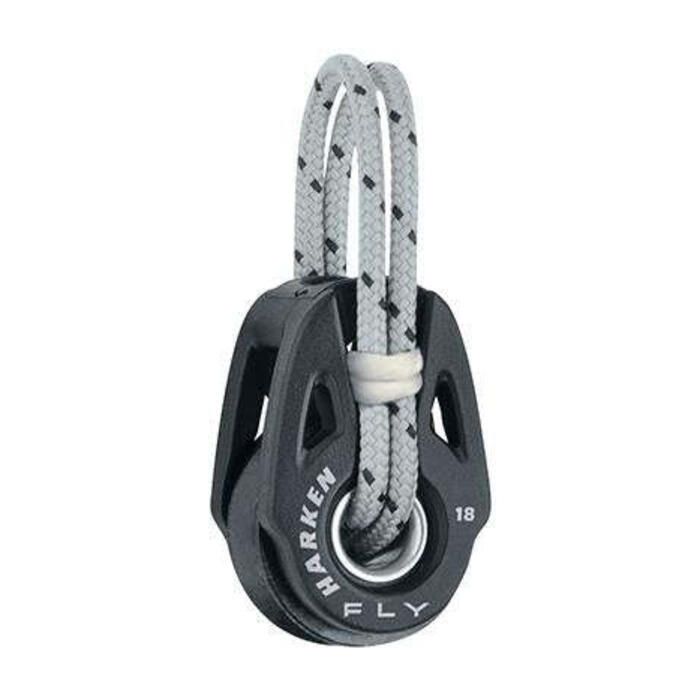
Harken - Poulie à Fixation Souple Fly Étroite - 18 mm (23/32") - 2161
37,03 $ -

Harken - Boucle T2 à Fixation Souple - 165 mm (6 1/2") - 2155
23,89 $ -

Harken - Micro Poulie Triple - 22 mm (7/8") - 228
77,91 $ -

Harken - Micro Poulie Triple - 22 mm (7/8") - 229
79,37 $ -

Harken - Bloc de Joue Pivotant Bullet - 29 mm (1 1/8") - 113
47,25 $ -
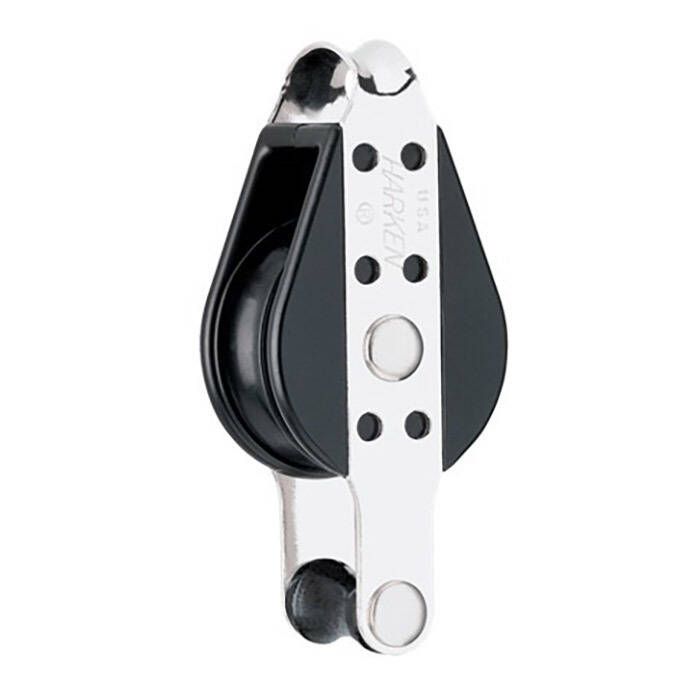
Harken - Bloc Bullet avec Taquet - 29 mm (1 1/8") - 083
35,57 $ -

Harken - Bloc Carbo Air - 29 mm (1 1/8") - 348
25,35 $ -

Harken - Poulie Double Carbo T2 à Fixation Souple - 29 mm (1 1/8") - 2147
72,07 $ -

Harken - Grande Poulie Traversante de Pont Bullet - 38 mm (1 1/2") - 131
70,61 $ -

Harken - Bloc Carbo Air - 40 mm (1 9/16") - 2646
188,87 $ -

Harken - Bloc Vertical Carbo Air - 40 mm (1 9/16") - 2652
61,85 $ -

Harken - Poulie pour Ligne/Câble - 51 mm (2") - 308
164,05 $ -

Harken - Poulie Violon Carbo Air - 57 mm (2 1/4") - 2622
107,11 $ -
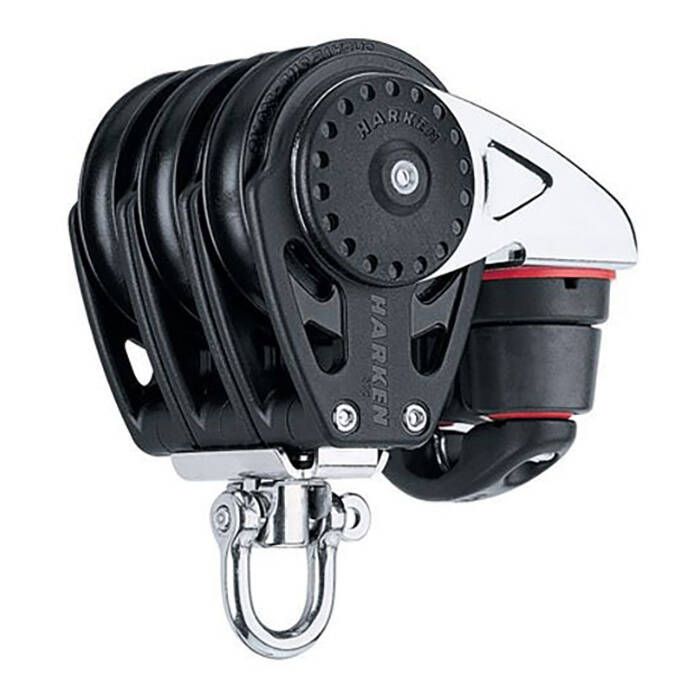
Harken - Bloc Triple Carbo Air - 57 mm (2 1/4") - 2617
368,45 $ -

Harken - Poulie à Travers le Pont - 57 mm (2 1/4") - 047
111,49 $ -

Harken - Bloc avec Émerillon/Taquet Carbo Air - 75 mm (2 15/16") - 2671
169,89 $ -

Harken - Bloc Double Carbo Air - 75 mm (2 15/16") - 2663
304,21 $ -

Harken - Poulie Violon Carbo Air - 75 mm (2 15/16") - 2694
239,97 $ -

Harken - Poulie de Gamme Moyenne - 76 mm (3") - 1586
275,01 $ -
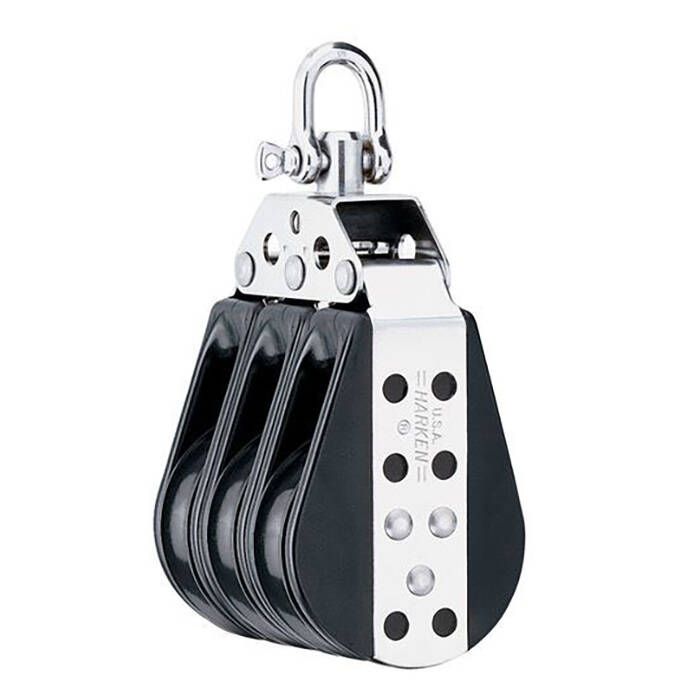
Harken - Poulie Triple Midrange - 76 mm (3") - 1546
644,41 $ -
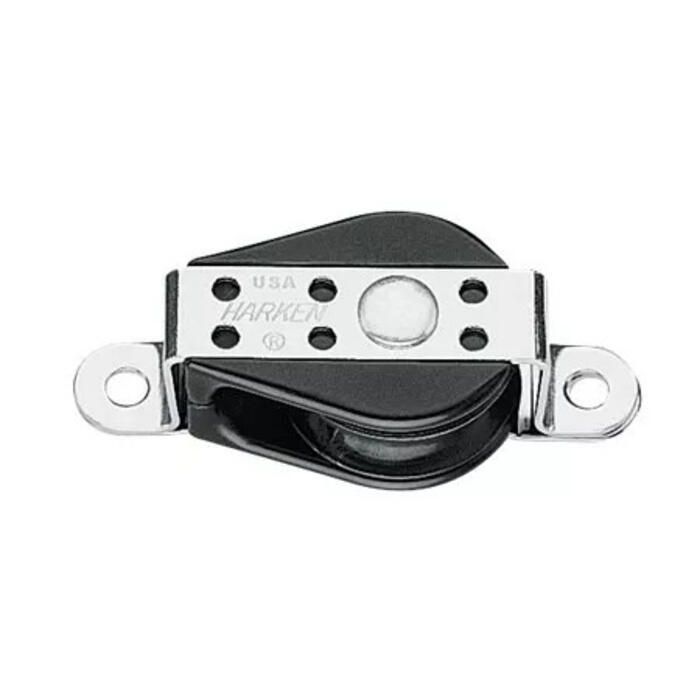
Harken - Poulie Bullet à Joue à Câble - 29 mm (1 1/8") - 109
47,25 $ -
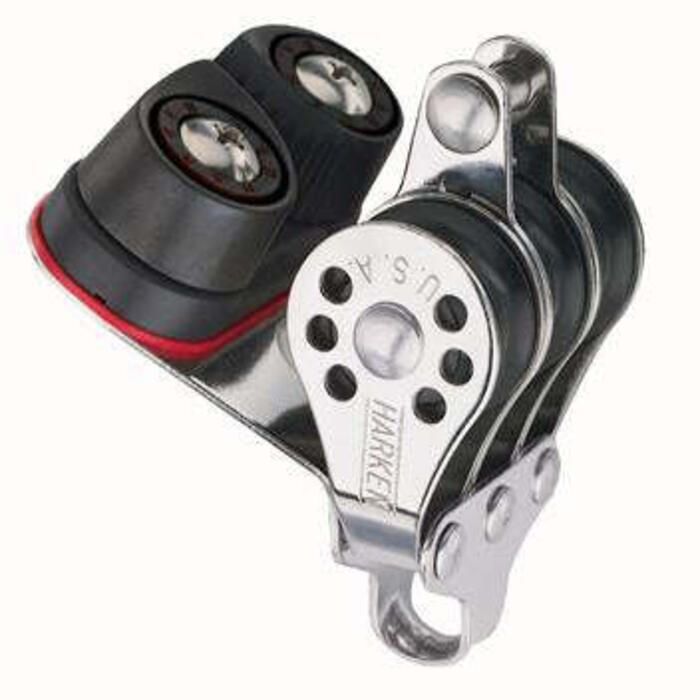
Harken - Micro Poulie Triple avec Taquet à Came et Taquet - 22 mm (7/8") - 231
172,81 $ -
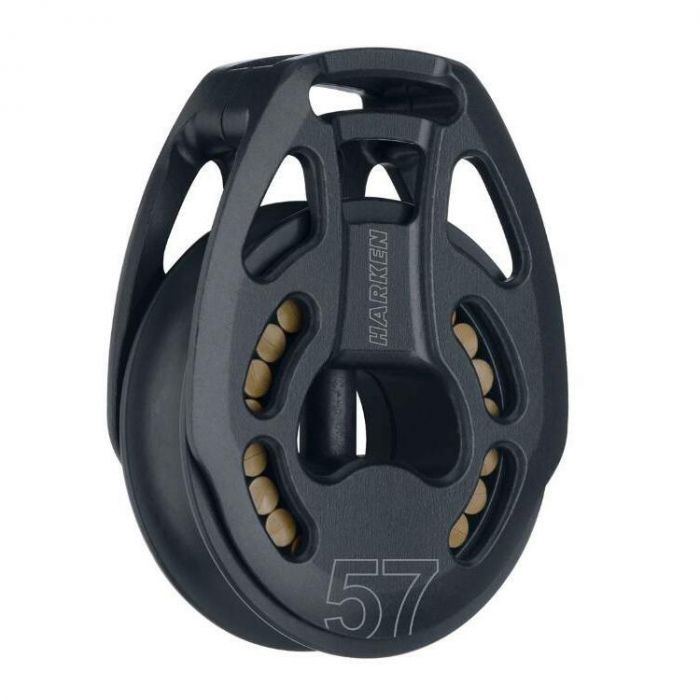
Harken - Poulie à Boucle en Aluminium - 57 mm (2 1/4") - 3214
380,13 $
About Poulies
Marine Blocks: Buyer’s Guide
Introduction
For avid sailors and boating enthusiasts, selecting the right marine blocks is crucial for a seamless and safe sailing experience. Marine blocks play an essential role in the efficient and effective operation of a boat's rigging system. This guide is designed to help you understand the nuances of marine blocks and make an informed decision when purchasing them.
Section 1: What Are Marine Blocks?
Marine blocks are pulleys used in the rigging of boats and ships. They facilitate the changing of direction and point of application of a force applied to a rope. In simpler terms, they are used to lift heavy loads, adjust sails, and aid in maneuvering the boat.
Types of Marine Blocks
- Single Blocks: Used for basic applications, these have one wheel and one sheave.
- Double Blocks: With two sheaves, they offer more mechanical advantage.
- Swivel Blocks: These can rotate to prevent rope twisting.
- Fiddle Blocks: Combine different sizes of sheaves in one block for versatile applications.
Section 2: Factors to Consider When Buying Marine Blocks
Material and Durability
Marine blocks are typically made from stainless steel or composite materials. The choice depends on the sailing conditions and the required strength-to-weight ratio.
Load Capacity and Size
Consider the maximum load the block will handle and ensure it matches your requirements. The size of the block should correspond with the thickness and strength of the ropes used.
Ease of Use and Maintenance
Look for blocks that are easy to install and maintain. Blocks with ball bearings offer smoother operation but may require more maintenance than plain bearing blocks.
Compatibility
Ensure the blocks are compatible with your boat’s rigging system and the type of sailing you do.
Section 3: Top Brands and Their Offerings
Harken Blocks
Known for high-quality, durable marine blocks. They offer a wide range of blocks for various sailing needs.
Lewmar Blocks
Offers a variety of blocks that balance performance and price, suitable for both casual and competitive sailors.
Ronstan Blocks
Famous for innovative designs, Ronstan’s blocks are popular among those looking for high-performance gear.
Section 4: Maintenance and Care for Marine Blocks
Regular maintenance includes cleaning, inspecting for wear and tear, and lubrication. Always follow the manufacturer’s guidelines for care and maintenance to ensure longevity and optimal performance.
Conclusion
Choosing the right marine block involves understanding your sailing needs, the types of blocks available, and the best brands in the market. With this guide, you are now equipped to make an informed decision that enhances your boating experience.
FAQs
Q: Can I use any block for any type of sailing?
A: No, it's important to choose a block based on the specific needs of your sailing activity.
Q: How often should I replace my marine blocks?
A: It depends on the usage and maintenance. Regular inspection will help you determine when a replacement is needed.


